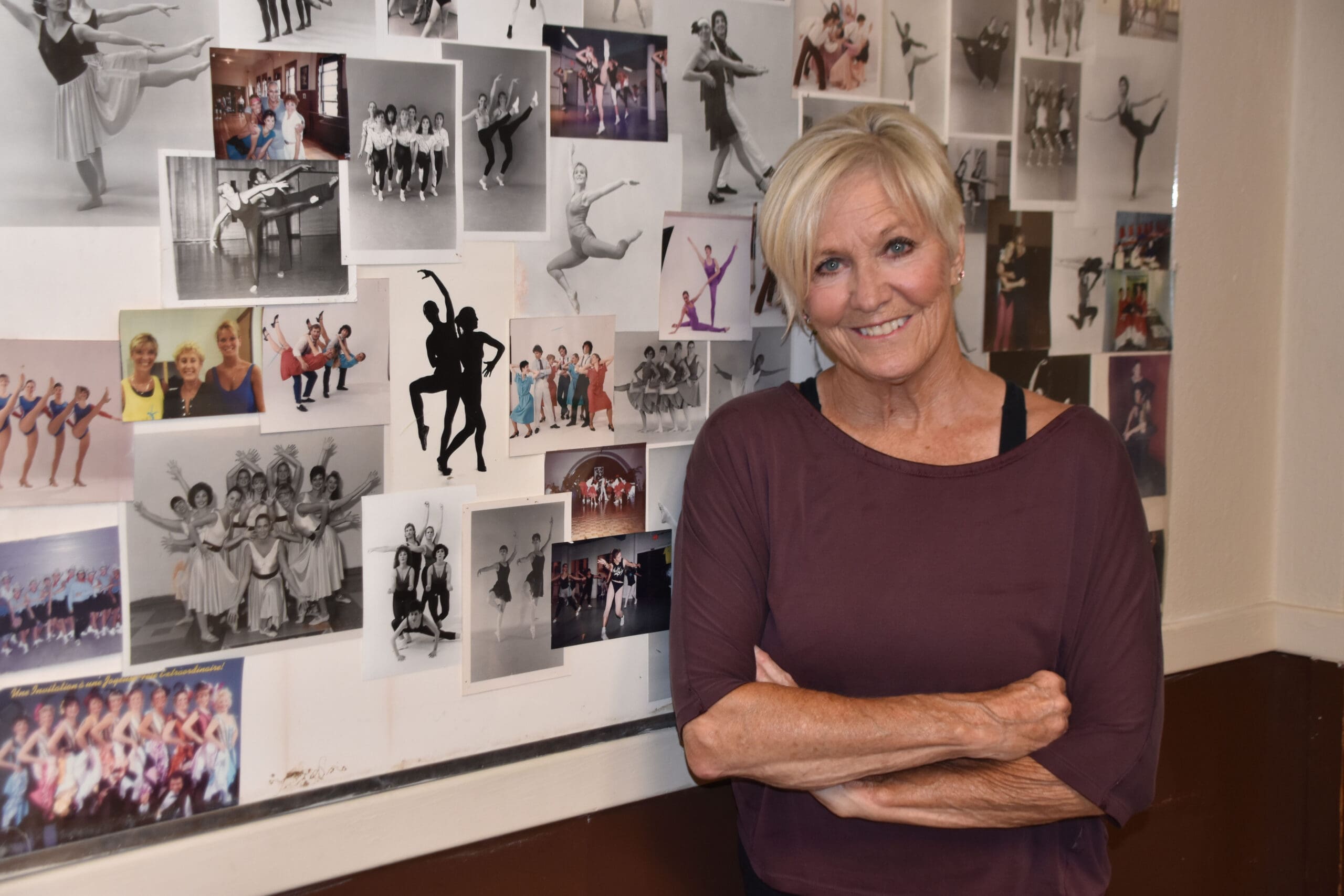By Dr. Valerie Senatore
When I made my early start in the career world as an air traffic controller, I found it difficult to see a path of growth for myself. Most of my managers and co-workers around me were male, and the job was incompatible with family life due to shift work and unpredictable scheduling. While I enjoyed the job immensely, I yearned for both strong female role models to support my goals and dreams, as well as a career that afforded the flexibility to “have it all.” Eventually, I decided it was time for a change and looked towards a career in higher education, where I felt my development would be better supported.
Starting this journey was challenging, but I let my passion drive me. At the University of Texas at Arlington I got my start earning a bachelor degree in history and eventually a master’s in sociology. While there, I worked at the Center for Social Research, again as the only woman on the team. Wanting to focus in on my passion for higher education, I attended Texas A&M University earning my doctorate in educational psychology. I am proud to be thriving in my current position as vice president and chief academic officer at Bryant & Stratton College.
Unlike working in air traffic control, in college teaching and administration, I have met many strong women who reinvigorated my confidence and pointed me in the right direction during my journey in the higher education industry. Although I continued at times to find myself the lone female on leadership teams, I am grateful to have found female role models and mentors along the path and to have discovered the brilliance of mentorships.
Earlier in this second career, I met one of my most influential mentors, Dr. Mary Fifield, who at the time was the president of Bunker Hill Community College in Boston. I was working as dean of mathematics there at the time, and Dr. Fifield went the extra mile to regularly gather the college’s female staff members in middle or junior management roles for collaborative lunches. This may seem like a small gesture, but Dr. Fifield was providing an important dedicated time for women at varying levels of the college to connect in a safe space. This experience opened my eyes to the importance of female mentorship and connection.
Having witnessed this exercise, I began to actively seek out mentorships, both as mentor and mentee. The connection between how I worked with students as a professor and mentorship in management and executive spaces was clarified for me, and I was better able to advocate for my needs as well as those of other women. I was impressed by the positive impact mentorships could have, and over time became well versed in its benefits and nuances. Mentorships and female role models are part of the reason I believe I have succeeded in my career. No matter where someone is in their academic or professional development, mentorships can help kickstart new avenues of growth.
So, what does an effective mentorship look like? More than anything, the relationship between mentor and mentee is meant to be symbiotic and beneficial for both parties. A mentorship is an opportunity for both to step back from any titles and roles, to inspire and learn from each other. An effective mentorship should involve, at some level, the mentor stepping into their mentee’s reality to understand where they are professionally and personally.
A good mentor will ensure that their guidance and advice is relevant to the mentee’s situations. Most mentors find that their mentee is living in an entirely different professional world than they did – and this gives the mentor a unique opportunity to continue their own learning and growth.
Young professionals should seek mentors that hold a role or skillset that they envision for themselves someday. A true mentorship will be focused on growth, development, and constructive solutions.
While many job industries are not female-dominant, it is important to recognize that women do not need to “do everything” or “be the best” to prove themselves. Internalizing this pressure can only make many aspiring young female professionals give up or doubt themselves. As mentors, it is crucial to support realistic expectations and support self-advocacy when working with earlier career professionals. This makes representation and connection even more important.
With the right groundwork in place, mentorships allow female professionals paths of success unavailable to them before. If I had stayed in air traffic control with no female support system around me, I am not sure if I would have ever achieved the same level of success in my professional development and career. Working together, women can achieve far more.
Editor’s note: Dr. Valerie Senatore is the vice president and chief academic officer at Bryant & Stratton College.





